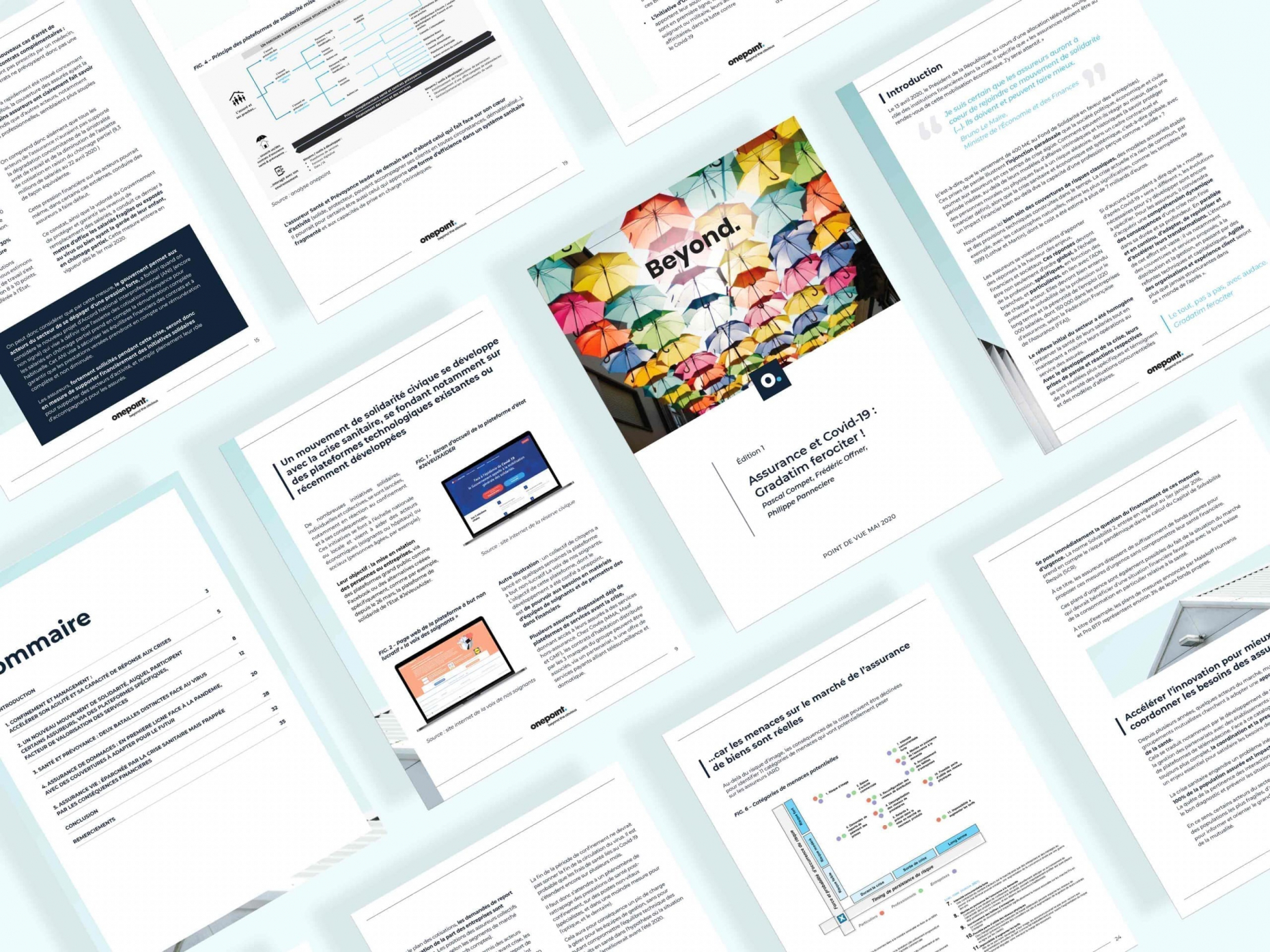Previously, on 8th April, the Minister for the Economy had voiced this expectation:
I am convinced that insurers will wholeheartedly wish to play their part in this solidarity movement (…) They must and can do better.
(meaning the payment of €400m to the Solidarity Fund for businesses).
These words illustrate the paradoxical obligation being placed on insurers by political, economic and civil society in these times of acute crisis. How can they best respond, in an unprecedented period, outside their intrinsic, traditional business models (namely protecting physical or legal persons in the face of a random risk, within a defined contractual and financial framework), whereas the health and economic crisis is systemic, meaning global, with a financial impact far beyond the capacity of a profession seen as “solid”?
We find ourselves far removed from the cover of traditional risks, of established actuarial models and technical provision which have been built up over time. The current crisis has nothing in common, for example, with natural disasters, even the most significant ones, such as the storms of 1999 (Lothar and Martin), the cost of which was estimated at more than 7 billion euros.
Insurers find themselves being forced to respond proportionately to the challenges, both financial and social. Those responses must be not only global, industry-wide, specific, branch-based, and personal, linked to the DNA of each actor. They must, of course, safeguard the solvency of the profession in the long term, and continuity of employment (220,00 employees, with 150,000 of those in insurance companies, according to the Fédération Française de l’Assurance (FFA)).
The sector’s initial response was consistent: to preserve the health of their employees while keeping their services running as much as possible for the benefit of policyholders. As the crisis developed, their respective words and actions proved to be more specific, and demonstrated the diversity of competitive situations and business models.
While some agree that “the post Covid-19 world” will be “different”, the changes needed to adapt to it have yet to be set out in detail. For insurers, there is a need for a dynamic understanding of the consequences of a crisis whose duration and depth are as yet undefined. Alongside that, they continuously need to adapt, reprioritise and speed up their transformation processes. The scope of that work is immense: it ranges from the cover and services offered to distribution and management, including technical and capital reorganisation. Organisational agility and customer experience will, more than ever, dictate the shape of the “new world”.
All of this, step by step, ferociously. Gradatim ferociter
Would you like to know more? Download the complete Beyond. viewpoint

